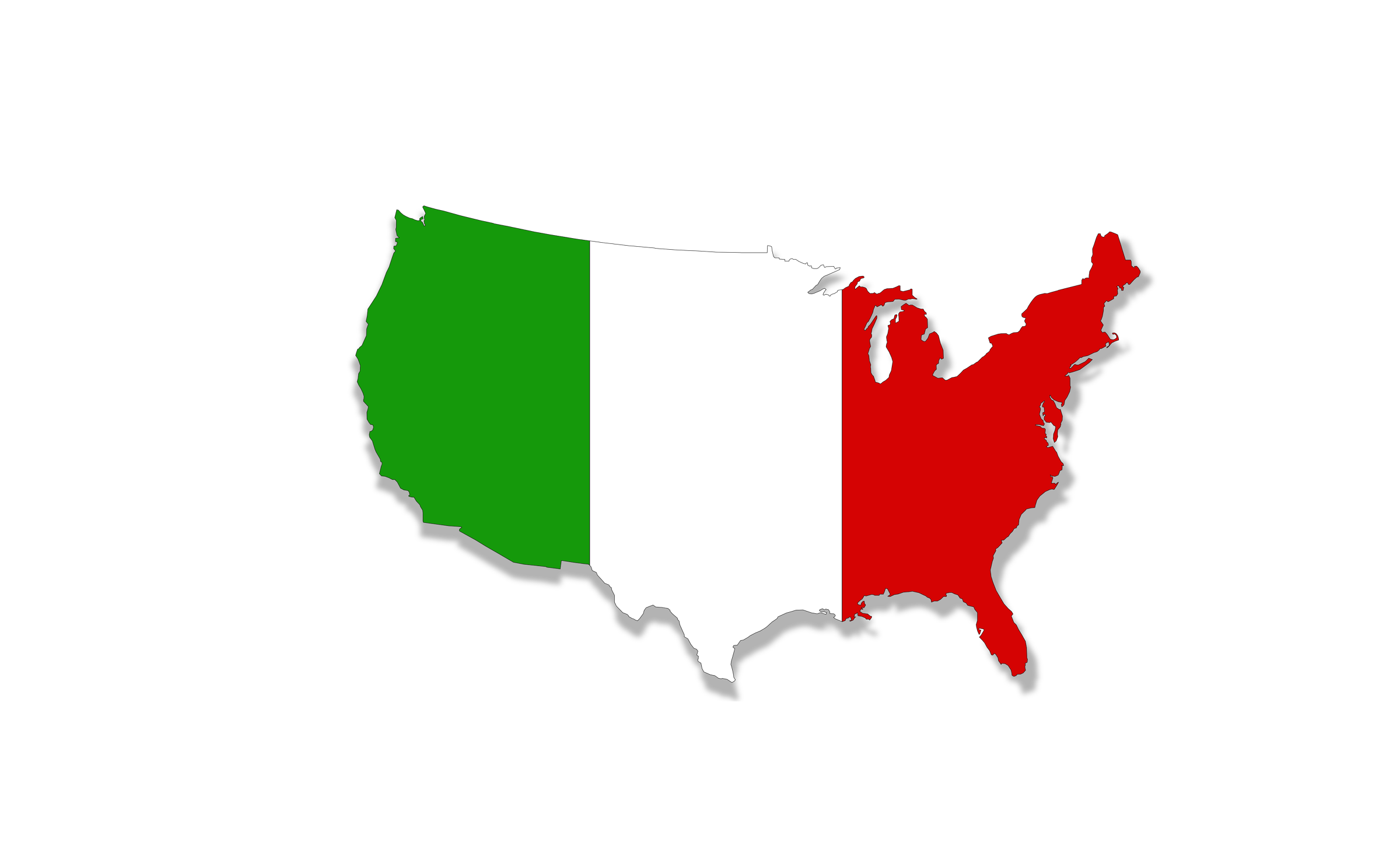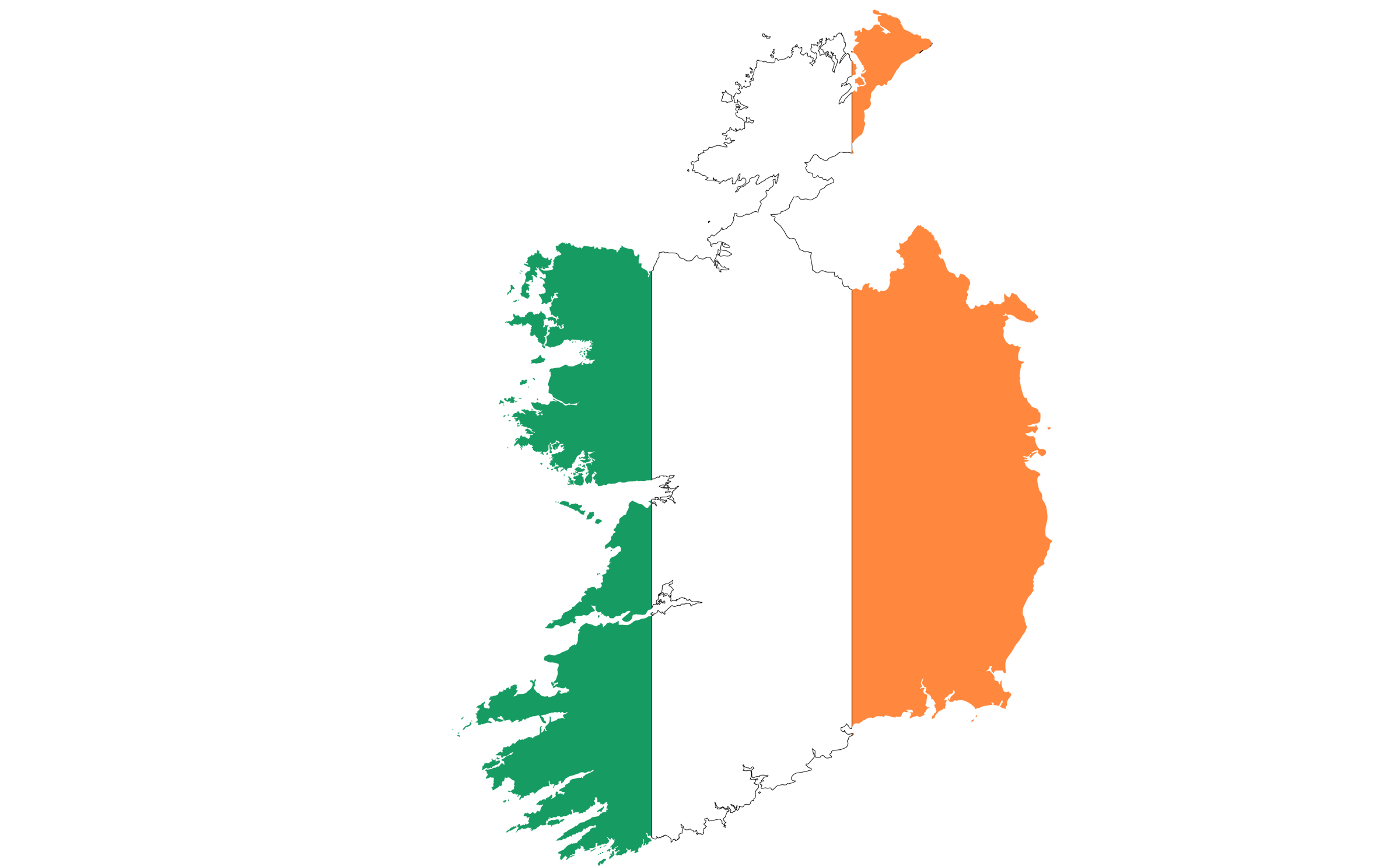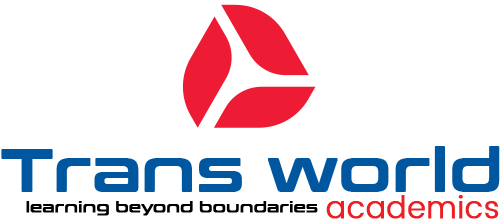Italy
It is the fourth-most populous EU member state. Today, Italy has the third largest nominal GDP in the Eurozone and the eighth largest in the world. As an advanced economy, the country has the sixth-largest worldwide national wealth. The country plays a prominent role in regional and global economic, military, cultural and diplomatic affairs, and it is both a regional power and a great power. Italy is a founding and leading member of the European Union and in the Schengen Area. As a reflection of its cultural wealth, Italy is home to 54 World Heritage Sites, the most in the world, and is the fifth-most visited country.
Italy is the world’s sixth largest manufacturing country, characterised by a smaller number of global multinational corporations than other economies of comparable size and a large number of dynamic small and medium-sized enterprises, notoriously clustered in several industrial districts, which are the backbone of the Italian industry. This has produced a manufacturing sector often focused on the export of niche market and luxury products. Italy was the world’s 7th largest exporter in 2016

As more and more universities are adopting English as the medium of higher education, Italy is fast emerging as the most favored destination for many Indian students. Students with good academic standing have a good chance of obtaining full government scholarships in most government run institutions across Italy. With a wide manufacturing network offering internship and with high level of collaboration between the Industry and Universities, Italy is a major attraction for any Engineering student.
Ireland
The Republic today ranks amongst the wealthiest countries in the world in terms of GDP per capita and in 2015 was ranked the sixth most developed nation in the world by the United Nations’ Human Development Index. The economy of Ireland is a knowledge economy, focused on services into high-tech, life sciences and financial services industries. With Brexit coming into effect, Ireland would be the lone English speaking country in Europe and this would raise its importance as a trading window for Europe with the world. Ireland is an open economy (6th on the Index of Economic Freedom), and ranks first for high-value foreign direct investment (FDI) flows. In the global GDP per capita tables, Ireland ranks 5th of 187 in the IMF table and 6th of 175 in the World Bank ranking.
US multinationals contribute significantly to Ireland’s economy, making up 14 of the top 20 Irish firms by turnover. Although geographically, Ireland is small compared to many developed nations, it is a powerhouse. The Irish industry is well developed in the sectors of brewery, Pharmaceuticals, Financial sector, Aircraft Maintenance and leasing, Information Technology and Software development, to name a few.
Ireland has many top ranking global institutions and coupled with the availability of industry exposure and English speaking population, this makes Ireland a natural choice for most Indian students seeking higher education. Of special mention is the Aircraft Maintenance facilities that offer a unique opportunity, not available anywhere else globally to gain EASA licensing to become a full-fledged global aircraft maintenance professional. Ireland is the home of Global Aviation and has many Aircraft Maintenance facilities and Leasing companies. Ireland manages nearly 22% of the fleet of aircraft worldwide and a 40% share of Global fleet of leased aircraft. Ireland has 14 of the top 15 lessors by fleet size.

The food and brewing industry is one of its biggest sectors. The pharmaceutical is responsible for 55 billion euro of exports. The financial services sector contributes 2 billion euro in taxes annually to the economy. Ireland is the seventh largest provider of wholesale financial services in Europe. The Information and communications technology (ICT) sector employs over 37,000 people and generates 35 billion annually. The top ten ICT companies are located in Ireland, with over 200 companies in total. The software sector employs approximately 24,000 people and contributes 16 billion Euro to the economy. Ireland is the world’s second largest exporter of software. The top 10 global technology firms have operations in Ireland.
Canada
Canada is a country located in the northern part of North America. Its ten provinces and three territories extend from the Atlantic to the Pacific and northward into the Arctic Ocean, covering 9.98 million square kilometres (3.85 million square miles), making it the world’s second-largest country by total area. Canada is a developed country and has the fifteenth-highest nominal per capita income globally as well as the tenth-highest ranking in the Human Development Index. It ranks among the highest in international measurements of government transparency, civil liberties, quality of life, economic freedom, and education.
The higher education opportunities in Canadian institutions are sought by many Indians as many programs offer opportunity for live working experience as a part of the program. Also the well structured and systematic approach of the Canadian government in matters of migration makes it possible for many education seekers to consider Canada as a potential destination for their growth and future settlement. The vast nature of the country opens up the possibility for skilled employment in many sectors. Of great advantage is the fact that almost all institutions teach in English which makes it easier for an Indian student.

Canada is the world’s tenth-largest economy as of 2016[update], with a nominal GDP of approximately US$1.52 trillion. Since the early 20th century, the growth of Canada’s manufacturing, mining, and service sectors has transformed the nation from a largely rural economy to an urbanized, industrial one. Like many other developed countries, the Canadian economy is dominated by the service industry, which employs about three-quarters of the country’s workforce
